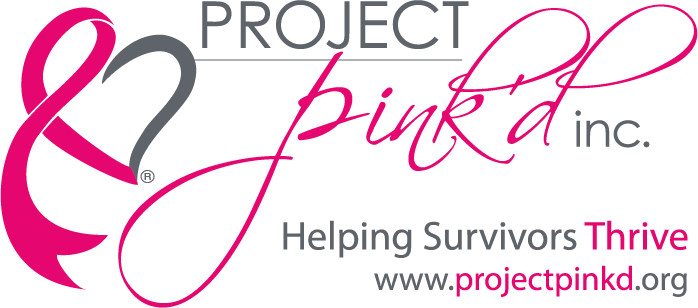I began my early 20s with breast biopsies and actually signed a consent for a breast biopsy, and possible radical mastectomy, depending on what they found while in surgery. Can you imagine my stress as a young 20-year-old, not knowing what I would wake up with post-surgery? Fortunately, it was a benign tumor. Shortly after, my mom was diagnosed with breast cancer and had a unilateral radical mastectomy, causing me to be vigilant about my own self-checks. Doctors advised me many times to do a prophylactic mastectomy, but I rejected that course early on. I suppose this was the normal course of treatment in the late 1970s.
After walking my mama to heavens doors in 2005, I decided it was time to take care of myself again and scheduled a mammogram. A suspicious lesion was noted and a subsequent biopsy with needle localization revealed early invasive intraductal carcinoma. At that point, I opted to have a lumpectomy, sentinel node biopsy, followed by radiation treatments, and five years of tamoxifen.
In due diligence, I had regular mammograms and thought I was home free until another area of calcifications was noted and an MRI-guided needle biopsy was performed in 2013. I remember the call from my radiologist well: “I am sorry to tell you, you have cancer again.” This was not a reoccurrence, but a new cancer: ductal carcinoma in situ. Confusingly, the plastic surgeon told me I did not have cancer. In the meantime, my brother was given a diagnosis of invasive intraductal carcinoma of his breast and had a mastectomy, radiation, and was to take tamoxifen for 5 years. By this time, the geneticist was scratching her head and I had a decision to make.
Since I knew I did not want to keep having more surgery, mammograms, and have a fear of more cancers, I planned to have a bilateral mastectomy and be done with it. The decision, though, to have reconstruction was on the table. As a result of my first cancer, I would have had to have a latissimus dorsi flap, a muscle from my back, on one breast. Simultaneously, my husband was struggling with his health and he was given the difficult diagnosis of Alzheimers, train wrecking any possibility of reconstruction since I knew I needed to be there for him and couldn’t manage the long process of reconstruction.
All in all, I have no regrets and am thankful that I kept close watch on myself because of my family history and for my early diagnoses. Each decision in the process has not come without struggles, but I will share more about that in a later blog.
